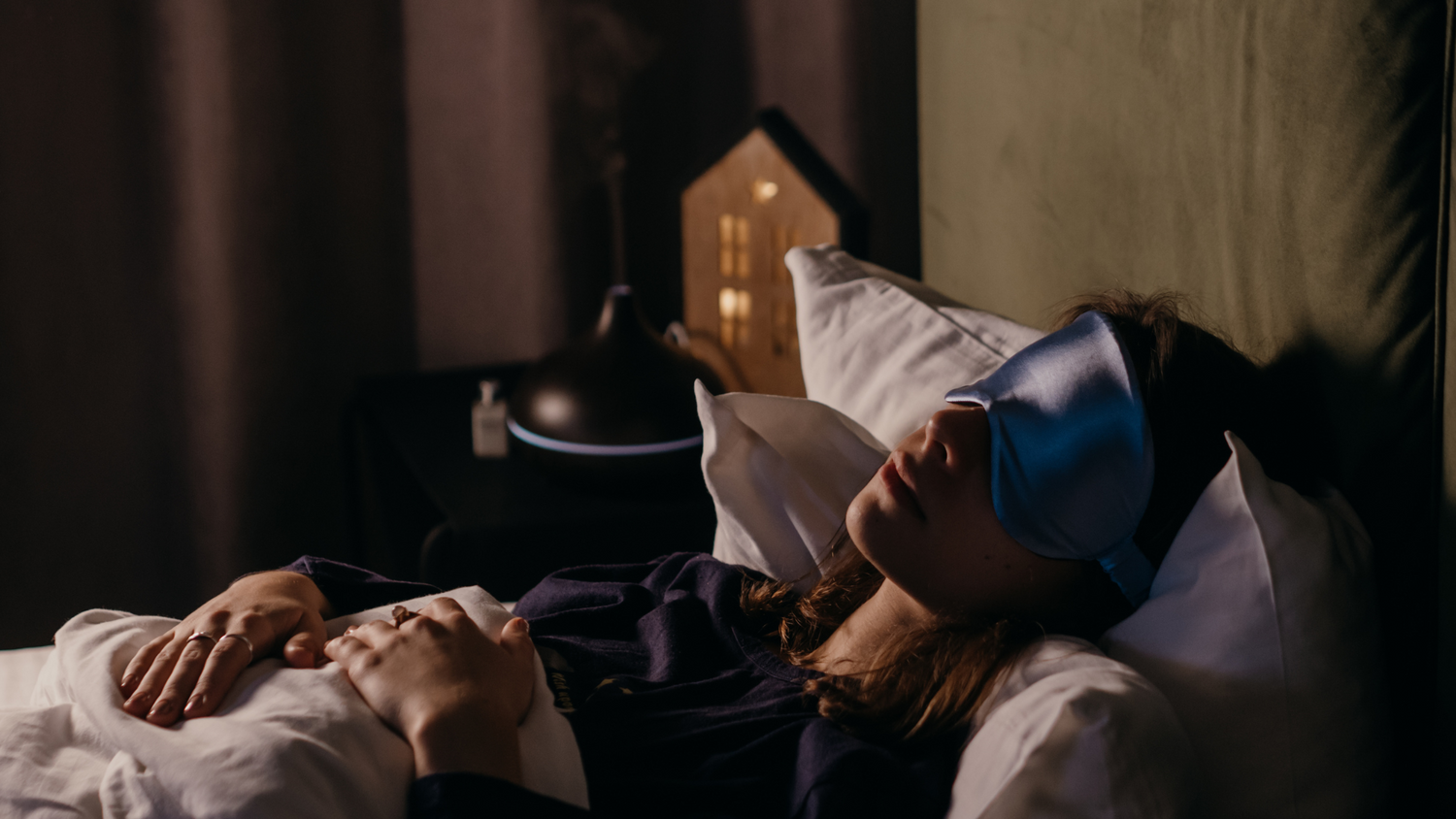The Problem with Quality Sleep

Before we introduce our guide to a better rest, let us first look into the potential root cause of our poor sleep - YOU. Yes you. Either you are overworked, giving up supposed sleep time for a night out party or tricking your body that you're in bed but actually binging through Netflix, whatever you do that is keeping you awake.
Now if you're thinking on counting on your sleep hours before you officially rest, this is going to be adding extra stress (unless you have 8-10 hours yay!). So how do we exactly manage off these bad habits so we don't wake up complaining that we didn't sleep well..
Creating a Consistent Sleep Schedule

Our body strives on routine. Going to bed and waking up at the same time everyday (including weekends) helps regulate our internal clock. A consistent schedule makes it easier to fall asleep and improve the quality of your rest, ensuring you wake up feeling refreshed.
Tips: try a routine bed time 3 days a week, ideally on weekdays when you have a fixed work schedule and gradually work on achieving a full week routine. Set alarms in the evening to remind yourself to wind down and stay away from screen time 30 mins prior to bed.
Design a Sleep Inducing Environment

Your bedroom plays a part in ensuring you are able to fall asleep easily.
Whether you prefer a slightly cluttered setting or a minimalist bedroom, the dealbreaker here to a restorative sleep is a cool and dark room. Here's where a blackout curtain comes into play, eliminating the light pollution.
Ensuring your room is free from noise pollution is also essential especially if you are a light sleeper or you have a lot of thoughts running at the back of your mind at night.
Next of course, is the comfort that you lay yourself in. Investing in supportive mattress, breathable sheets and pillows and transform your sleep experience, wicking away excess heat, sweat and other irritants like body aches that is going too wake you up in the middle of the night.
What You Eat Matters Too!

What you consume in the hours before bed can impact your sleep.
Avoid heavy meals late at night, ideally 3 -4 hours before your intended sleep time as indigestions and heart burn can disrupt your rest.
Limiting alcohol and caffeine. Alcohol often leads to fragmented sleep later in the night where you will wake up feeling sluggish while caffeine stays in our body for hours. Individuals who are caffeine sensitive should also avoid drinking coffee and tea after morning (11am - 2pm) as the effect of caffeine could cause issues like heart palpitations in the evening.
Get Moving During The Day

Regular physical activity promotes better sleep, especially when done earlier in the day. It could be as simple as a 30 minutes briskwalk to regulate your circadian rhythm. However, individuals should avoid vigorous workouts closer to bedtime as this may pose opposite effect due to the increased heart rate from excessive workout.
So the trick is to go slow nearing bedtime. Other light activities you should consider if walking is not your thing:
• Squats (ideally 4 sets of 20 squats to begin with.)
• Pushups (3 to 4 sets of 10 pushups)
• Beginners' yoga / pilates for 30 minutes
Your Mind Matters

Managing your stress and anxiety is critical before heading to bed as mental clutter is a common sleep thief. From students to a working adult or even a home-maker, we do have our own sets of never ending to-do list at the back of our head that is left undone and it does bothers us especially during bedtime knowing that we have tasks left undone.
Try understanding and prioritising your tasks, have them written down on a piece of paper as a reminder and getting them done the following day could help put off the thoughts and the stress that comes after. Remember, you'll never go without a day doing nothing, but a good rest has to be part of it to ensure you can achieve them.
The Takeaway

Quality sleep is foundational to your physical health, mental clarity and emotional well-being. While occasional restless nights are normal, chronic poor sleep should not be ignored. By setting the right environment and establishing healthy routines, you can enjoy deeper and restorative sleep gradually and the reward - better quality of life




Leave a comment
This site is protected by hCaptcha and the hCaptcha Privacy Policy and Terms of Service apply.